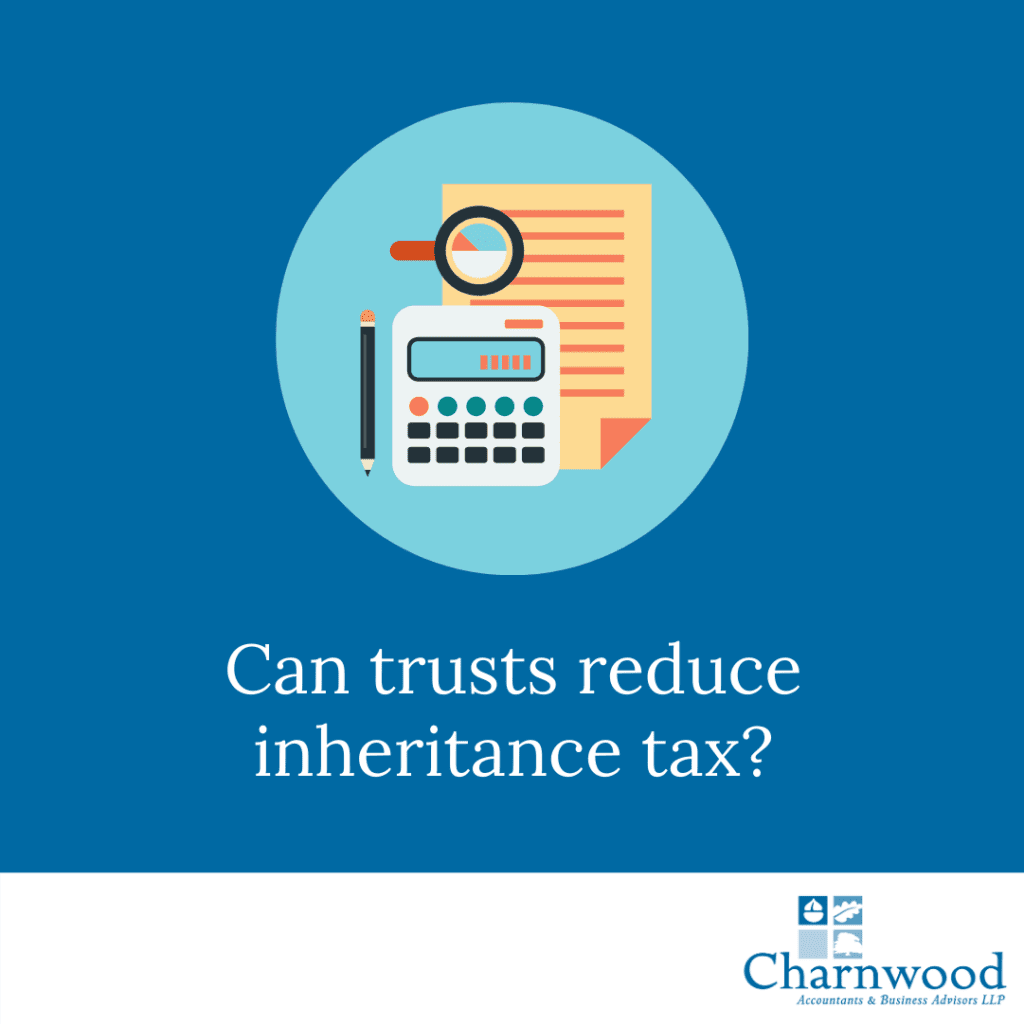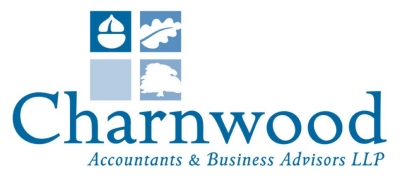
Putting money or assets in a trust can seem like a complicated process from the outside, especially if you don’t have any previous experience dealing with them. When your money or asset is placed in a trust, and certain conditions are met, you no longer own it. While this might seem like an undesirable situation to be in, there are good reasons to put some of your wealth in such a trust.
Because the money or asset you place in a trust is no longer technically yours, after seven years, it won’t count towards your inheritance tax bill should you die with the money in the trust. This is why trusts and inheritance tax planning go hand in hand. Many inheritance tax specialists will recommend trusts to their UK clients who want to reduce their inheritance tax bill.
An individual can put £325k into a trust within a 7-year period. Any amount put into a trust over this figure can result in a 20% inheritance tax liability, which is half the amount of the standard rate of inheritance tax of 40%. However, it’s also important to remember that a married couple are eligible to put £650k in between them tax free over the seven-year period.
What is a trust?
A trust is a legal structure that enables someone else to take ownership of your cash, property and investments. This transfer of ownership is designed to benefit a third party.
The role of the trustee is to oversee the trust and ensure that the assets assigned to it are managed appropriately. The Trust Deed can be written so the trustee has full powers of ownership, meaning they can buy, sell, and invest any of the assets held by the trust.
The beneficiary is the individual who benefits from the trust’s existence. In many cases, the beneficiary may be someone who is too young to look after the assets in the trust for themselves. Alternatively, they might be inexperienced in managing money and other assets, or there may be a group of beneficiaries you want to inherit, in which case inheritance tax planning advisors might suggest placing an inheritance into a trust. This way, the trustee can manage the assets and provide funds to the beneficiary as and when they are needed.
What does a trust do?
Provided certain conditions are met, the assets you place in a trust will no longer belong to you. This means, trusts can reduce inheritance tax. The key to understanding how this works is the transfer of ownership.
For a UK domiciled person, when you die, all your assets are counted towards your inheritance tax bill unless covered by a relief or exemption. This bill needs to be paid before your assets can be distributed among your descendants and other beneficiaries. By placing some of your assets into a trust before your death, you can remove them from the equation.
What types of trust are there in the UK?
There are different types of trust available in the UK. To get the full benefits of a trust, you need to choose the right type to hold your assets.
Parents putting cash or assets into trust for their children under the age of 18 will be treated as still owning the cash and assets for both inheritance tax and income tax purposes until their children are 18.
Bare trusts
A bare trust is the simplest form of trust. Bare trusts will simply hold assets until the beneficiary is over 18. Once a beneficiary is 18, they can take possession of the assets straight away.
Interest in possession trusts
An interest in possession trust is another popular choice for reducing inheritance tax. With this type of trust, the beneficiary receives income generated from assets held by the trust but can’t directly access those assets.
Discretionary trusts
Discretionary trusts give the trustee complete control over how the assets within the trust are distributed. This option is popular among people leaving assets behind for their grandchildren, often with their children (the grandchildren’s parents) acting as trustees.
Contact us to discuss your trust options
Trusts are an effective way of reducing inheritance tax and ensuring that any assets you leave behind are distributed appropriately amongst your beneficiaries. If you are making plans for the inheritance you want to leave behind, you should speak to an inheritance tax advisor about the benefits of trusts.
Call Charnwood Accountants and Business Advisors on 01509 621833 or contact us here.
